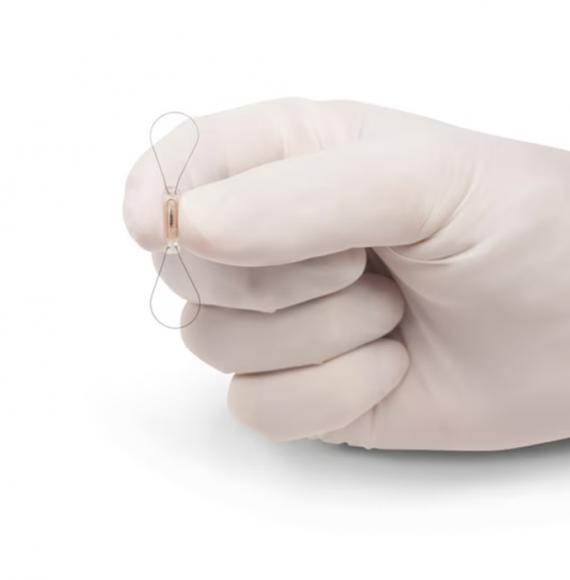It’s been over two months since Northampton General Hospital started using Consultant Connect’s Referral Triage service. In this blog article Deputy Chief Operating Officer, Carl Holland shares how the project started and is now performing.
Deputy Chief Operating Officer, Carl Holland describes Northampton General Hospital (NGH) as a “District General plus” because in addition to their 800-bed capacity they have specialist services such as being a cancer centre, and providing a county-wide service for stroke, vascular, and renal care.
There were a number of reasons why Carl decided to try out Referral Triage. At NGH, the triage is delivered by a NHS consultant from Consultant Connect’s National Consultant Network, working remotely as part of the local team trust team while the on the ground team can focus on seeing and treating patients on the waiting list.
“We have been working in partnership with Consultant Connect for four years. We started off with traditional advice and guidance – now every specialty is covered by this service. Now as we are coming out of Covid-19, we have decided to seize the opportunity to clear some of our backlogs.
Watch a two minute clip of Carl talking about the service:
Starting small
“We had a large backlog in cardiology, and asked Consultant Connect to support us with triaging.
"We initially started with a very small trial, approximately 100 patients, with a National Consultant Network Consultant Cardiologist reviewing the cases and triaging the referrals. The Consultant Cardiologist looked at whether the patients still needed to be seen; if they needed to be seen in acute care, if they could be managed through primary care, if they needed diagnostics before coming to acute care, etc.”
Results
“We were really happy with the results of the small pilot, so we started again but this time with a much bigger list of referrals. We’ve now triaged somewhere in the region of 600 patients and have also started to triage the new referrals coming in at the same time. Of the 600 patients triaged 26% were returned to primary care. We made sure that the GPs had a letter with diagnostics requested (where necessary) and a full explanation of what was required before they needed to be referred in.
Those patients that did need to be seen were triaged into urgent and routines, and into whether they needed to be seen face-to-face or virtually. We’ve managed to reduce the demand, but also managed to fast-track patients who are potentially acutely unwell into the hospital for urgent treatments.
We have now started using Consultant Connect’s service to focus on the new referrals coming in – so a front door triage approach. If we can reduce the number of new patients coming in, we can then concentrate on clearing the backlog further.”
- 23% of referrals are marked as urgent and prioritised for diagnostics and a telephone or face-to-face consultation.
- 48% of referrals are booked into diagnostics and a routine outpatient appointment is being arranged (face-to-face for 36% of cases and via a telephone consultation for 12%)
- 3% of referrals are booked directly into an appointment, without additional diagnostics being needed
- 26% of referrals are returned to GPs in primary care with advice of which 15% include a recommendation to arrange tests
- Average triage time 28 hours
Patient Case Study
Dr Patrick Davey is an NHS consultant from Consultant Connect’s National Consultant Network, working remotely as part of the local team. He shares his experience of the service along with a recent patient case study example:
“I look at all the referrals to cardiology, grade and deal with them. It is a really helpful system as it means virtually all the referrals go through one person so there’s a consistency and opportunity to building relationships with GPs.
I recently came across a patient who had been seen for a minor procedure in a nearby hospital. The patient was just about to have the procedure when the stand-by anaesthetist said, “let’s stop the operation, the heart’s going far too slow, it’s going 33, 34 beats per minute” So, they stopped the operation, did an ECG and sent the patient home. The ECG was then given to the GP, and this was added to the referral to cardiology which I reviewed. I immediately recognised this dangerous slow heart rhythm, so we got the patient into hospital and put a pacemaker in. In this situation the GP referral was certainly lifesaving.
It’s highly likely that the referral through a more standard route would have had the same outcome, the difference however is that the electronic nature of the referrals has short circuited the referral process. So, one might say that this patient had a pacemaker a week or more early, and that week could easily have been the week in which their heart stopped.”
Watch a clip of Dr Davey talking about the patient case study:
For more information, please contact Consultant Connect:
T: 01865 261 467



















